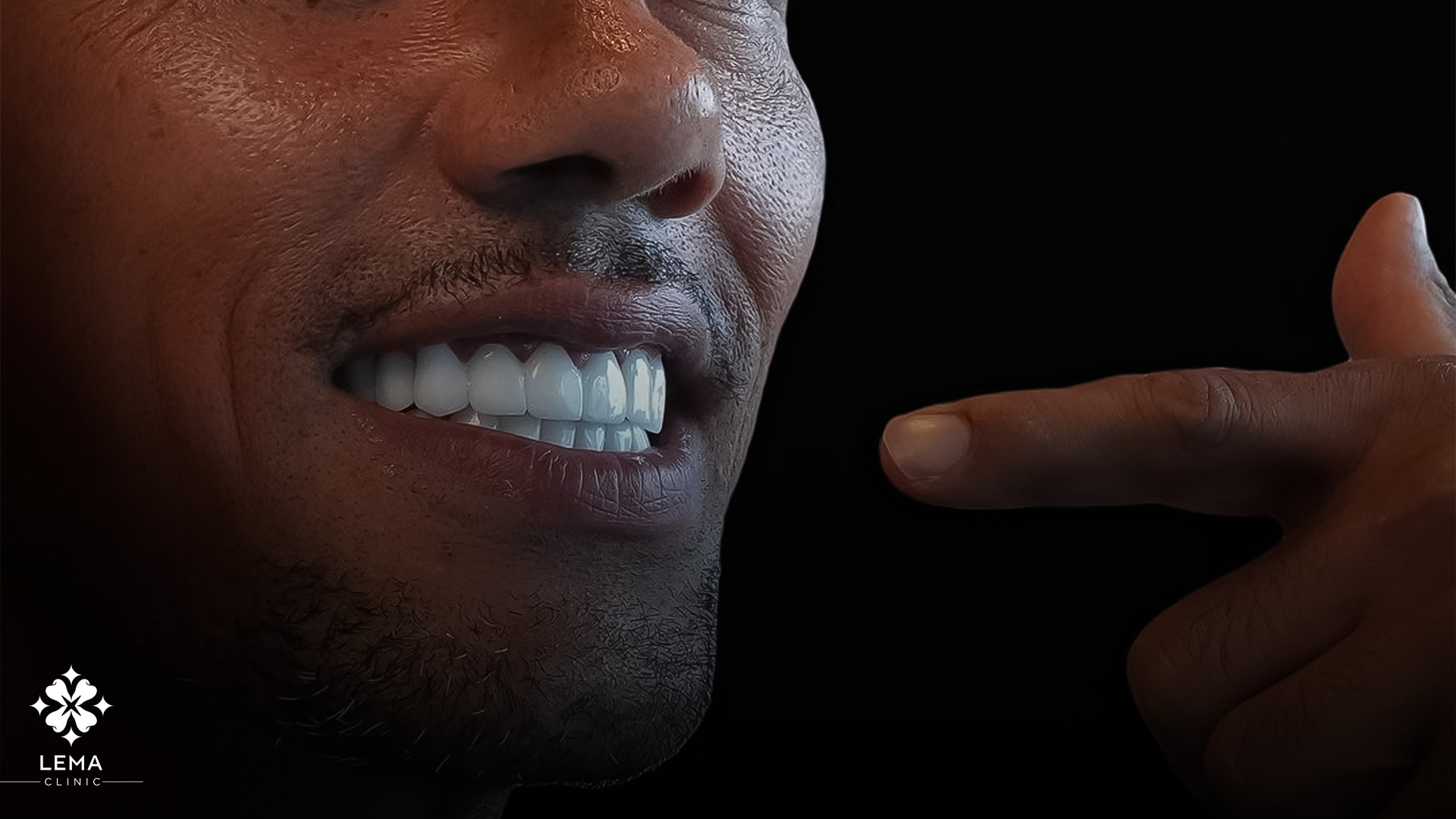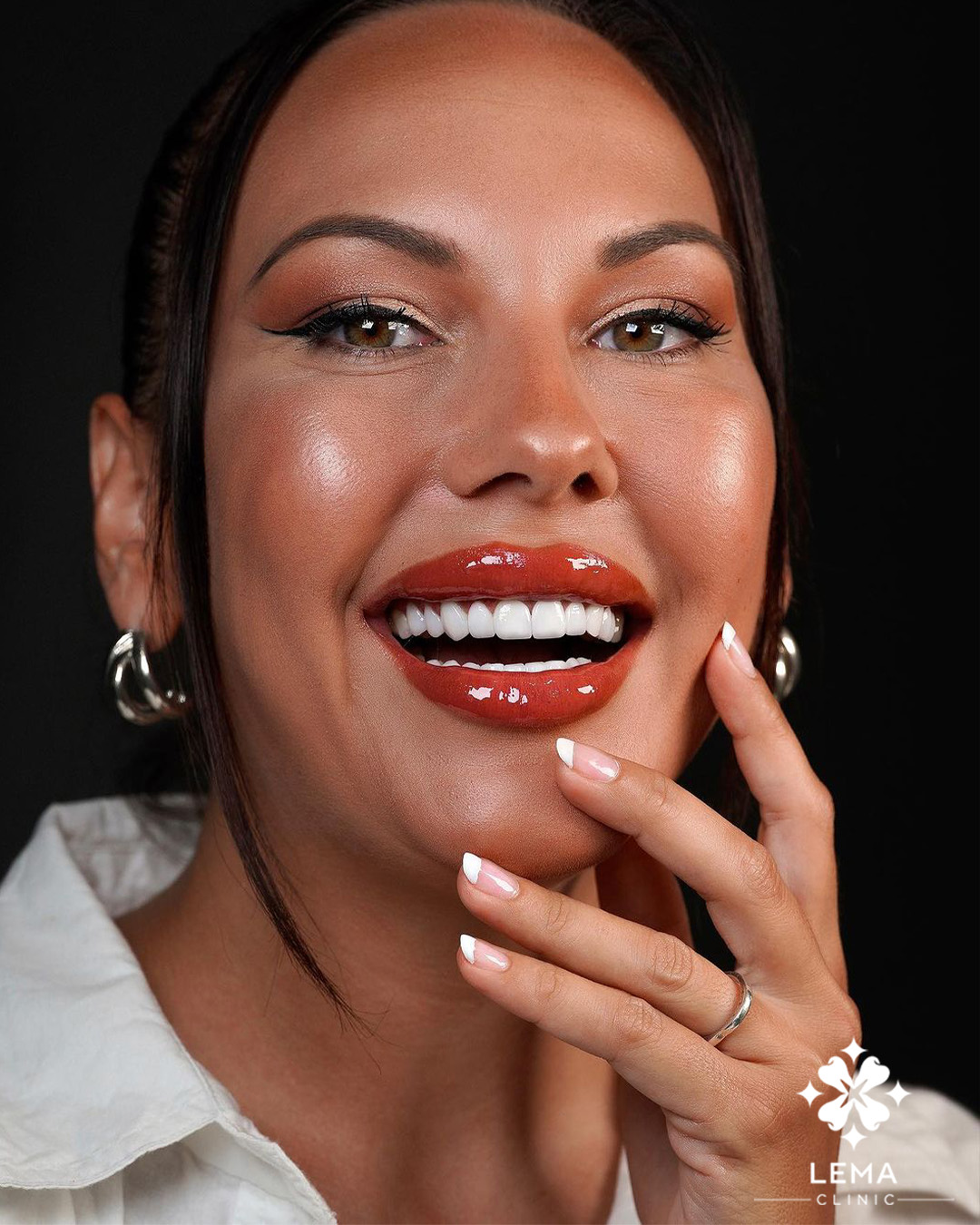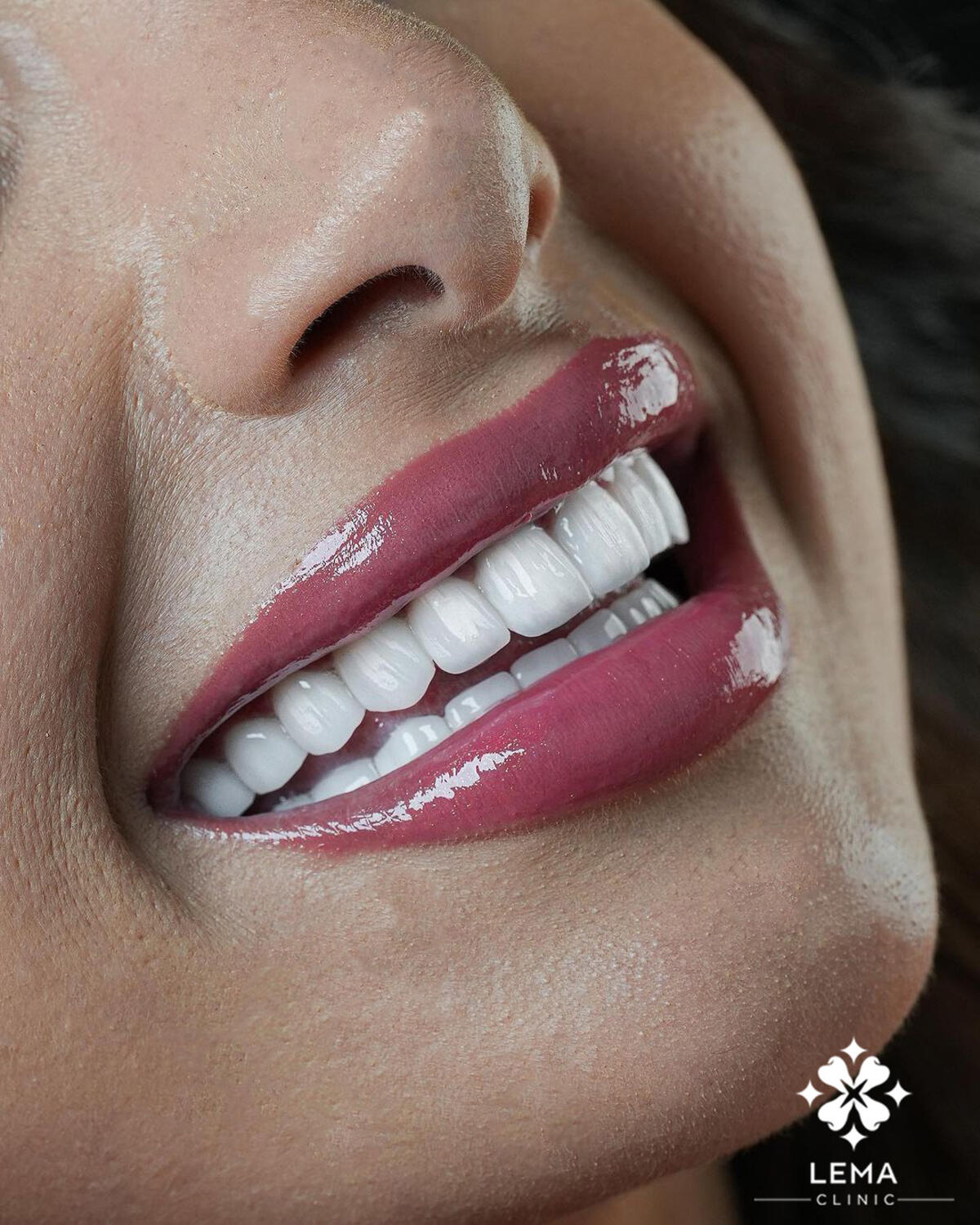Top 10 Symptom Of Bruxism
Bruxism manifests as the clenching, locking, or grinding of the upper and lower teeth.

Bruxism is a movement disorder characterized by the clenching or grinding of teeth. It typically occurs during sleep or while awake and is classified into two types: primary and secondary. This condition is often unconscious and is more prevalent during emotional states like stress or anger. Regular or frequent teeth grinding can cause damage to the teeth and surrounding muscles. Bruxism manifests as the clenching, locking, or grinding of the upper and lower teeth. It appears as involuntary jaw movements or muscle contractions and is generally considered a functional disorder. This condition has the potential to cause tissue damage and can be triggered by various factors.

Top 10 Symptoms of Bruxism
Bruxism, commonly known as teeth grinding, is a condition often unnoticed by those who suffer from it. The primary symptoms include:
- Teeth Grinding or Clenching: This might be loud enough to wake up a sleeping partner. Some individuals may grind their teeth unconsciously during the day or clench their jaw.
- Teeth Wear and Damage: Over time, bruxism can lead to the flattening, fracturing, or chipping of teeth. Dentists often notice wear patterns on teeth during routine check-ups.
- Increased Tooth Sensitivity: As the enamel wears down, teeth may become increasingly sensitive teeth to hot, cold, or sweet foods and drinks.
- Jaw Pain and Stiffness: Frequent grinding can lead to TMJ disorders, causing pain, discomfort, or stiffness in the jaw.
- Headaches and Earaches: Bruxism often causes dull, constant headaches or earaches, typically originating from the temples.
- Sleep Disruption: The act of grinding or clenching can disrupt sleep patterns, leading to insomnia or non-restorative sleep.
- Facial Pain: Chronic bruxism can result in aching facial muscles and pain radiating towards the neck.
- Chewed Cheek Tissue: Some people with bruxism may find themselves unintentionally biting the inside of their cheek.
- Tooth Enamel Erosion: Over time, the constant grinding wears away the protective outer layer of the teeth.
- Changes in Bite: In severe cases, bruxism can alter the way your teeth align, affecting your bite.
If you experience any of these Bruxism symptoms, especially in combination, it’s advisable to consult with a dental professional for an accurate diagnosis and appropriate treatment.
Long-Term Effects of Bruxism
Bruxism , or chronic teeth grinding, can have significant long-term effects if not addressed appropriately. Over time, the continuous grinding and clenching of teeth can lead to the wearing down of the tooth enamel, the outer protective layer of teeth. This erosion exposes the underlying softer dentin, making teeth more susceptible to decay and sensitivity. As the condition progresses, individuals may experience increased tooth sensitivity and even pain when consuming hot, cold, or sweet substances.

The constant pressure and motion can also contribute to the development of Temporomandibular Joint Disorder (TMJ), a condition that affects the jaw joint and surrounding muscles, leading to pain, difficulty in moving the jaw, and sometimes a clicking or locking sensation. TMJ disorders can significantly impact an individual’s quality of life, causing discomfort during everyday activities like eating and speaking.
In addition to dental issues, Bruxism can have broader implications for overall health. The strain from clenching and grinding can lead to chronic headaches, earaches, and facial pain. The tension in the jaw and facial muscles can extend to the neck and shoulders, contributing to overall body stress and discomfort.
Furthermore, the disruption of sleep patterns is a common consequence of bruxism . The act of grinding teeth can be loud and disruptive, not only for the individual but also for a sleeping partner.
This can lead to sleep disturbances and, over time, result in sleep deprivation, affecting cognitive functions, mood, and overall health. Psychologically, the stress and pain associated with bruxism can contribute to anxiety and decrease in life quality. The chronic discomfort and potential self-consciousness about damaged teeth can impact social interactions and personal well-being.
Overall, the long-term effects of bruxism underscore the importance of early detection and intervention. Without proper management, it can lead to significant dental damage, jaw disorders, ongoing pain, and a general decline in both physical and mental health
Comprehensive Bruxism Care at Lema Clinic
At Lema Clinic, we offer specialized treatment for bruxism, a condition characterized by teeth grinding and jaw clenching. Our approach is tailored to address both the symptoms and the underlying causes of bruxism.

Bruxism treatment begins with a thorough examination to assess the extent of the condition. Based on this, we may recommend a custom-fitted mouthguard, designed to protect your teeth from grinding during sleep. This not only prevents further dental wear but also helps reduce jaw strain and headaches.
In cases where dental damage has occurred, including the need for dental implants, Lema Dental Clinic Istanbul professional team provides restorative treatments such as crowns, veneers, or implants to repair and protect your teeth.
Additionally, we focus on the root causes of teeth grinding, offering stress management techniques and lifestyle advice to help mitigate factors that contribute to teeth grinding. For patients with severe bruxism, we may suggest additional therapies such as muscle relaxants, physical therapy, or specific dental procedures to align the bite and relieve pressure on the jaw.
At Lema Dental Clinic Istanbul, we believe in a comprehensive approach to bruxism treatment, combining dental care with overall wellness strategies. Our goal is to not only treat the symptoms but also to provide long-term solutions for our patients’ dental health and comfort.
I wake up with a sore jaw and headaches. Could this be a sign of bruxism?
Hello Nathan,
Yes, waking up with a sore jaw and headaches are common signs of bruxism. Bruxism often involves clenching or grinding teeth during sleep, which can lead to these symptoms.
I’ve noticed my teeth are more sensitive recently. Could bruxism be the cause?
Hello Elizabeth,
Increased tooth sensitivity is a common symptom of bruxism. The grinding can wear down enamel, exposing the more sensitive dentin underneath.
How can I prevent further damage from bruxism?
Hello Matthew,
To prevent further damage, it’s important to consult with a dentist. They may recommend a custom-fitted mouthguard to wear at night, stress management techniques, and possibly other treatments to address the underlying causes of bruxism.